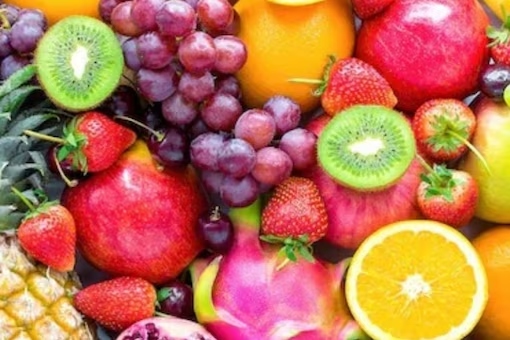Patients dealing with diabetes require a constant check on their blood sugar levels. This becomes extremely vital during the summers when days are longer as high temperatures can cause problems with blood sugar levels. Diabetic patients should consume foods that don’t cause too much sugar to build up in their blood.
Let us today, take a look at some fruits which can be consumed by diabetic patients.
Watermelon- There isn’t any particular study that directly connects watermelon consumption and diabetes management. But there is some evidence to suggest that eating watermelon may help reduce the risk for certain diabetes-related complications. Watermelon contains a moderate amount of lycopene, a powerful antioxidant and a pigment that gives the fruit its colour. Lycopene may help reduce the risk of cardiovascular disease. Adults with diabetes are twice as likely to face cardiovascular disease.
Mango- Most of the calories in mango come from sugar, which gives this fruit the potential to raise blood sugar levels. However, mango can still be a healthy food choice for people trying to control their blood sugar levels. That’s because it has a low GI (Glycaemic Index). Mango also contains fibre and antioxidants that can help in minimising blood sugar spikes.
Pineapple- Diabetic patients can eat pineapple but in moderation and as a part of a healthy and balanced diet. They should choose fresh pineapple or canned pineapple without sugar. They should also avoid any sugary syrup on it before eating.
Orange- The American Diabetes Association encourages people who are suffering from diabetes to eat oranges. However, patients need to limit their intake of other orange products like juice which lack fibre which is essential for blood sugar regulation. Also, orange juice has a high GI and is usually paired with other carb-rich foods, which can increase the risk of high blood sugar levels. Thus, people with diabetes should limit their intake of orange juice.
Pear- Pear is a great fruit to eat if any person has diabetes. Their nutritional benefits can help patients manage the condition, as many studies indicate. Pears also have a low glycemic index, so they won’t raise blood glucose too quickly.
Disclaimer: (The health tips shared in this article are based on common practices and general knowledge. Readers are advised to consult a doctor before following them at home.)


